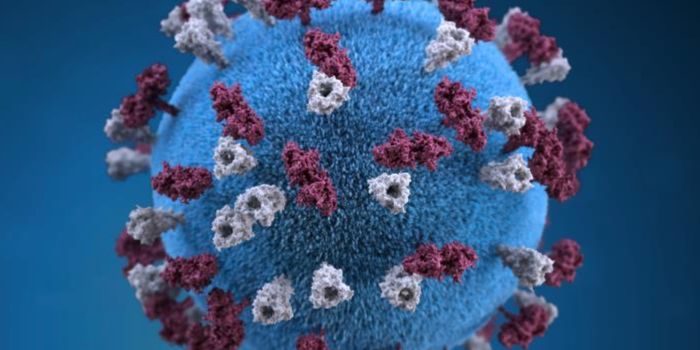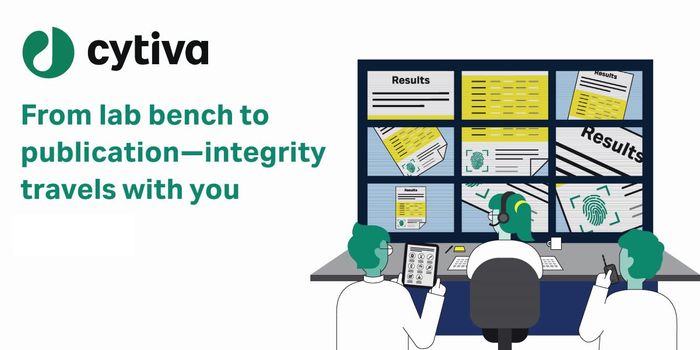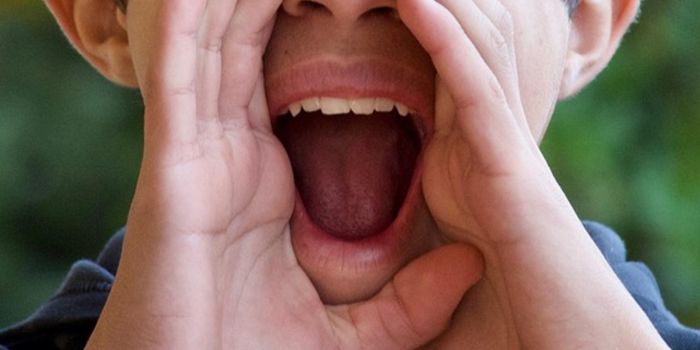Host Vouchering & How Can It Improve Pandemic Response
About a year ago, I wrote about the virus that would come to be known as SARS-CoV-2 for the first time. And while we've learned a lot about it since then, its exact origins are still unknown. The leading theory posits that it originated in bats and made its way from there to a human host, potentially through an intermediary. Though we know that bats are reservoirs of diseases that can jump from an animal to a human, known as zoonotic diseases, we still have a lot to learn about pathogens that have zoonotic potential. The COVID-19 pandemic has shown that it's important to conduct surveillance for these diseases and to retain samples from animals that are thought to harbor an infectious microbe. Archiving specimens that are thought to contain a pathogen is called host vouchering.
In a new report in mBio, an international team of scientists has highlighted the importance of host vouchering, and the need to make it a common research practice.
"Vouchered specimens should be considered the gold standard in host-pathogen studies and a key part of pandemic preparedness," said the co-lead report author Cody Thompson, mammal collections manager and assistant research scientist at the University of Michigan. "But host vouchering has effectively been nonexistent in most recent zoonotic pathogen studies, and the lack of this essential information has limited our ability to respond to the current COVID-19 pandemic."
The authors noted that research scientists that investigate host-pathogen interactions can collaborate with museums so that host specimens and samples can be archived, and made available if needed for an investigation.
"In essence, vouchering provides both an offensive mechanism for pandemic prevention by expanding the surveillance of wildlife hosts and associated pathogens, and a defensive mechanism by providing a verifiable archive for baseline comparisons," explained study co-lead author Kendra Phelps of EcoHealth Alliance, a global nonprofit that aims to prevent pandemics and encourage wildlife conservation.
"This problem becomes especially critical in navigating novel viral zoonoses, such as the COVID-19 pandemic, where it is necessary for the scientific community to swiftly and efficiently leverage its collective knowledge and resources to effectively understand and contain the spread of novel pathogens at a time when lockdown restrictions hamper ongoing sampling efforts."
The report made note of three examples of host-pathogen studies in which natural history collections have already been incorporated into research investigations: yellow fever, hantaviruses, and parasitic worms.
As humans encroach on animal habitats and climate change causes some species to migrate, people may be exposed to more pathogens with zoonotic potential. When that happens, researchers can look to collections kept in museums and biorepositories to identify the source of the pathogen. That can help scientists figure out what they may be facing and how to confront it. Host vouchering can help create a foundation for research studies and can be utilized when new technologies are created.
"We need to think of natural history collections as resources for preventing future pandemics, with the potential to promote powerful interdisciplinary and historical approaches to studying emerging zoonotic pathogens," said Thompson.
In this study, a survey of over 100 microbiologists was conducted to assess their practices during host-pathogen research; fewer than half reported vouchering host specimens from which samples were lethally obtained.
Sources: AAAS/Eurekalert! via University of Michigan, mBio









